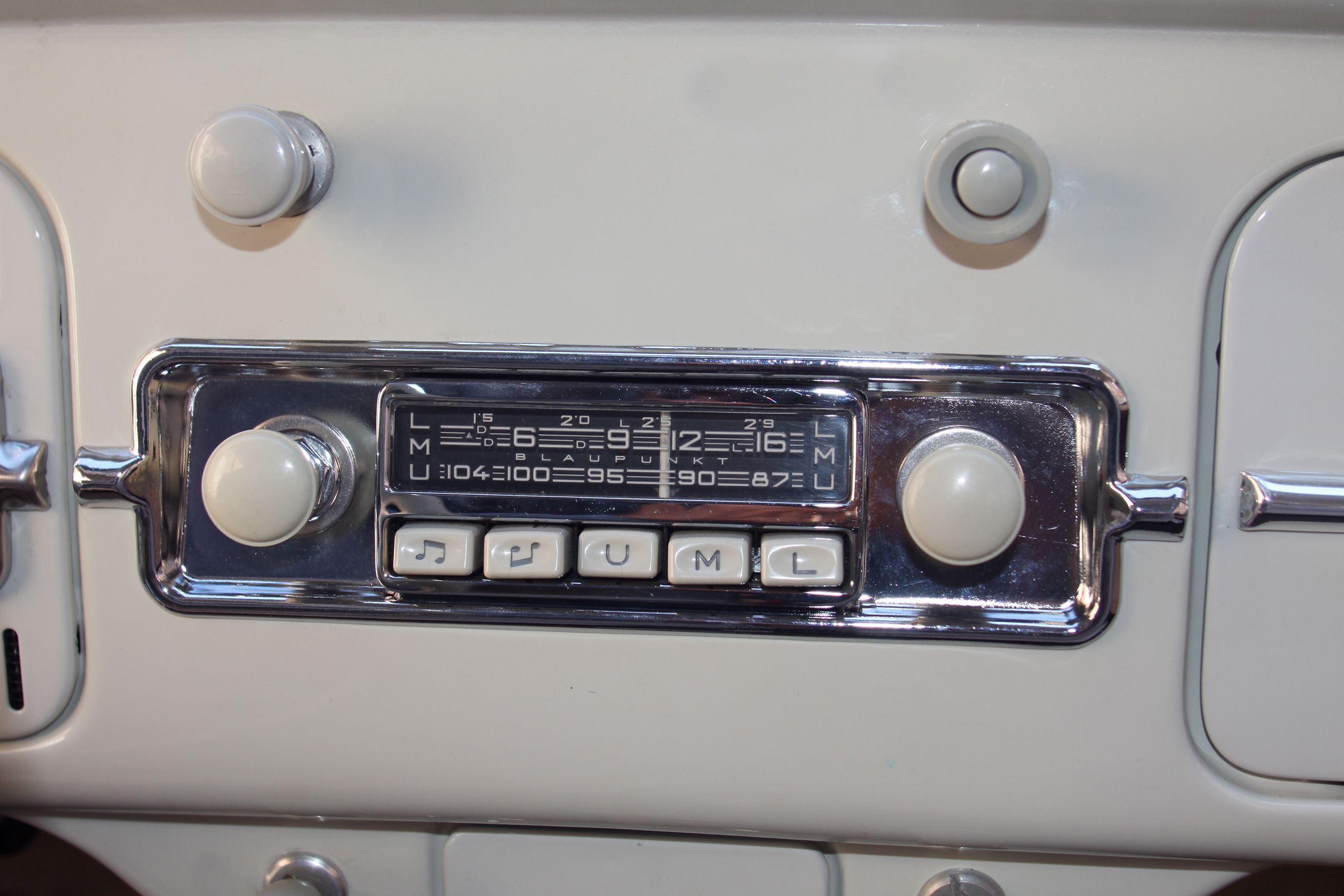I remember the first time I said those words. I was around ten years old, riding in the back seat of a 1961 Ford Falcon station wagon after my little league game. The Falcon was all white with a blue tuck-and-roll interior, an AM radio, with a single mono speaker planted squarely in the center of the dashboard. Thankfully, it hadn’t been cursed with that cheezy faux wood paneling so many cars of that era wore like a bad suit. By coincidence—or maybe fate—I was dressed in a white baseball uniform with blue trim and a matching ball cap. To this day,I’m convinced I made that old Falcon look good.
The song that made that lonely mono speaker come alive was “Grazing in the Grass”by The Friends of Distinction, featuring the soon-to-be-legendary South African trumpeter Hugh Masekela.
I didn’t know the band. I didn’t know the players. I only knew that something electrifying was happening. I shot forward, draping myself over the bench seat between my mom and dad, pointed to the radio and shouted, “Turn it up!”
And they did.
And that moment lit a fuse that would burn through the rest of my life.
From then on, I played my music loud—loud enough to rattle windows, loud enough to make the car vibrate, loud enough to feel it in my bones. At dances, I’d plant myself in front of the stacked-up PA speakers, eyes closed, hips moving on instinct, the bass line and backbeat waking up a primal groove. I dove into the sound, listening for every instrument, every harmony, every hidden lyrical message. The world fell away.
Years later, I realized the volume hadn’t been cranked up so I could hear the music.It had been cranked up so I couldn’t hear everything else—the chorus of internal voices that never seemed to quiet down.
My son has ADHD. When he was little, we’d talk about how his mind worked, trying to map the terrain of his thoughts. He once told me, “Dad, it’s like all the radio stations are playing at the same time.” That one sentence changed his life—and mine. I often wish my own father and I had had that conversation. I think we could’ve helped each other.
The stations in my head have always favored the negative Top 40:
“You can’t do this.”
“You should be doing that.”
“She’ll never go out with you—are you kidding?”
And of course, the daily-updated Fear-of-the-Day Top Ten list. Those songs played nonstop. Some of them still do—golden oldies with a stubborn beat.
Playing my music loud enough to be heard two cars away brought me peace. It still does.
But now the volume is up because I simply need it up. I’m not a big fan of my hearing aids—they make me feel like I’m auditioning for the role of Geezer #3. The irony is, without them, I look just as old. Probably older. Another station on the dial that is getting more air play.
I used to believe I had one of those fancy silent computer keyboards because I never heard a thing when I typed. Turns out everyone else heard the full symphony of clickety-clacks loud and clear.
A few months back, my son asked, “Dad, do you know you’re reading lips?” Another life-altering conversation in a long line of them.
So now, instead of subwoofers that shake the neighborhood, I rely on tiny speakers tucked behind my ears.
The good news is that I listen to the old hits—the negative ones—with more grace these days. I’ve come to understand that most of my fears were never real, that no one cares I couldn’t hit a curveball, and that if I’d asked that girl out and she’d turned me down, I would have survived.
Well…maybe just barely.
These days, I turn it up to hear the small things: my grandkids breathing softly as they sleep, mourning doves calling in the early morning, and the quiet rustling tune of my wife moving around the kitchen as she bakes something wonderful.
My peace now comes from the music of the day—the ordinary notes I used to ignore, the rhythms created by the people I love.
Some days, it’s still like tuning in a station on that old AM radio. You have to adjust the dial just right—and then hold perfectly still—or you’ll miss the song entirely.


